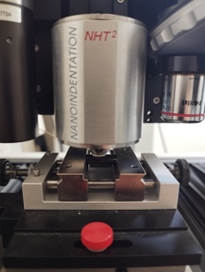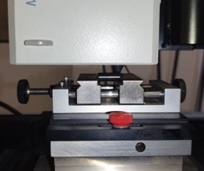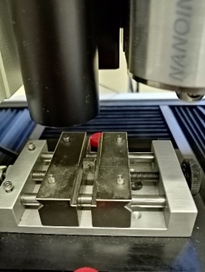Tribolab
The Tribology laboratory (Tribolab) at the Polytechnic University of Bari includes state-of-the-art experimental facilities to characterize the interfacial behaviour of solids and fluids in complex tribology systems. Particular attention is paid to soft materials with a viscoelastic time-dependent rheology. Below are the main rigs available in the laboratory.
- Multi Platform
- H.T. Tribometer
- Atomic Force Microscope
- Rheometer-DMA
- Porometer
- Mini Traction Machine
- Bioindenter
- Biomomentum
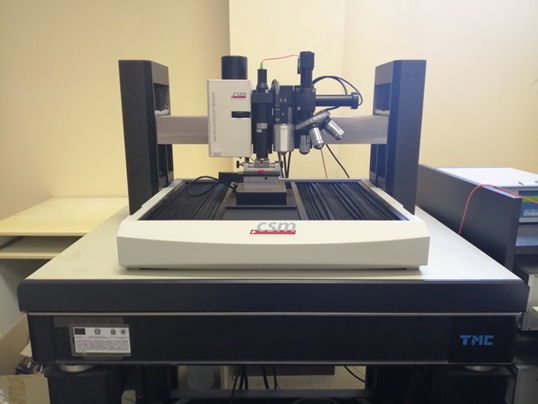
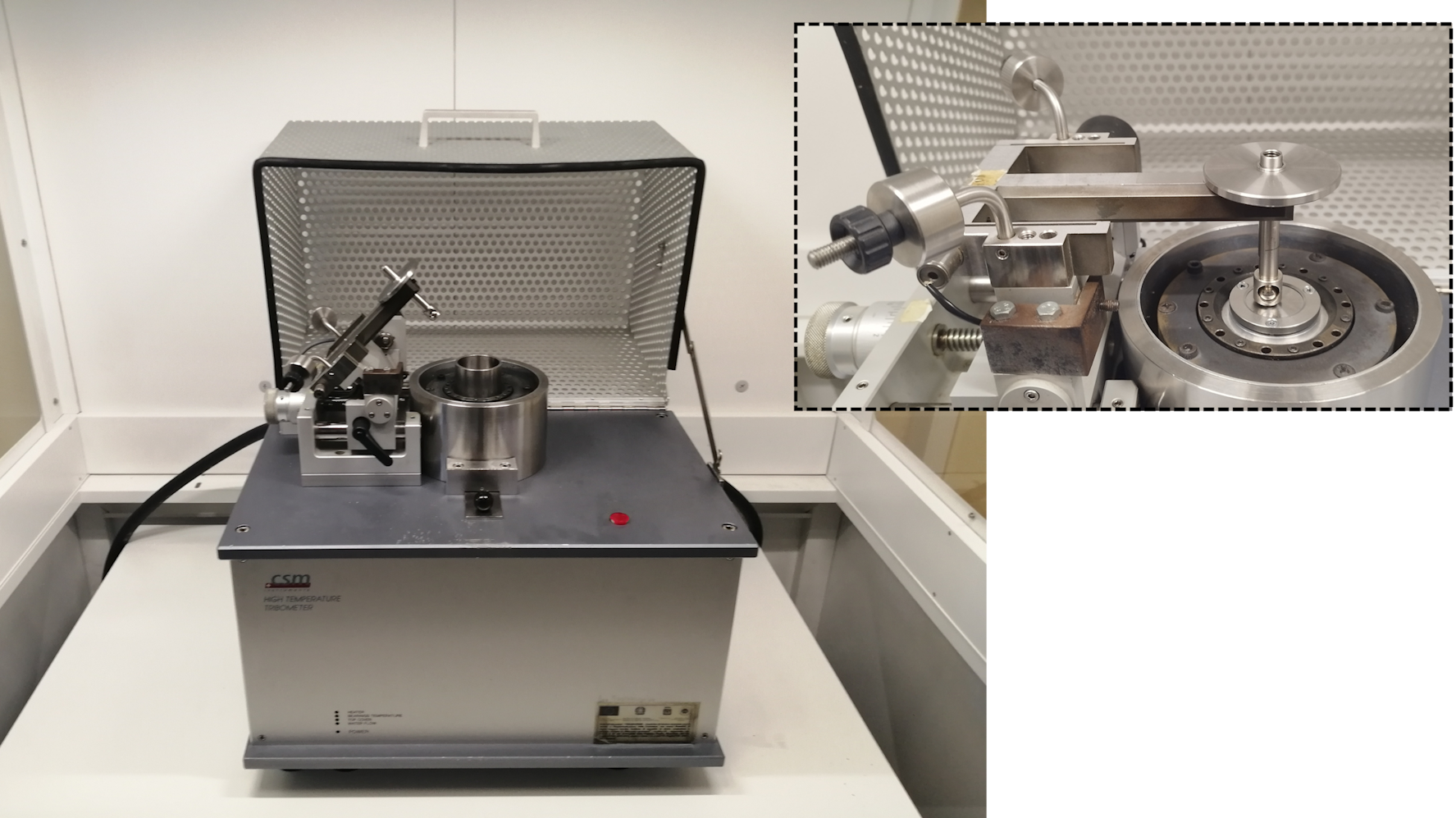
The High-Temperature (HT) tribometer is employed for the analysis of friction and wear properties of materials at elevated temperatures up to 1000°C under dry or lubricated conditions.
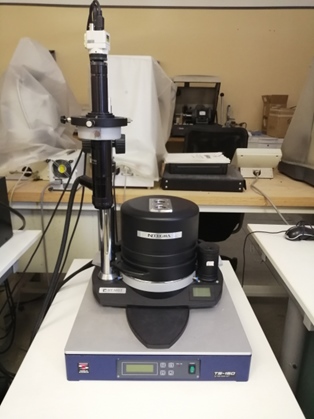
The instrument has three major abilities: force measurement (elastic modulus), topographic imaging, and manipulation at nanometric level.
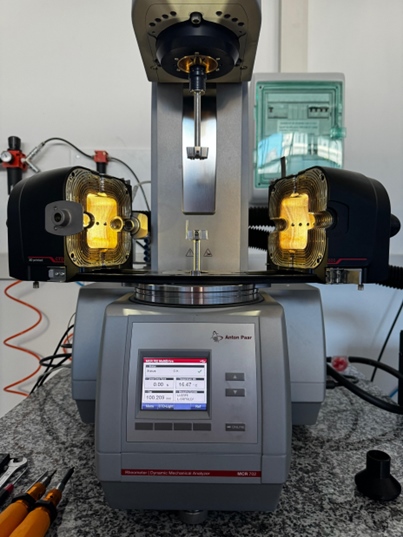
It is most useful for studying the viscoelastic behavior of materials (measuring glass transition temperature, measuring dynamic moduli of polymers, rheology and thermomechanical analysis).
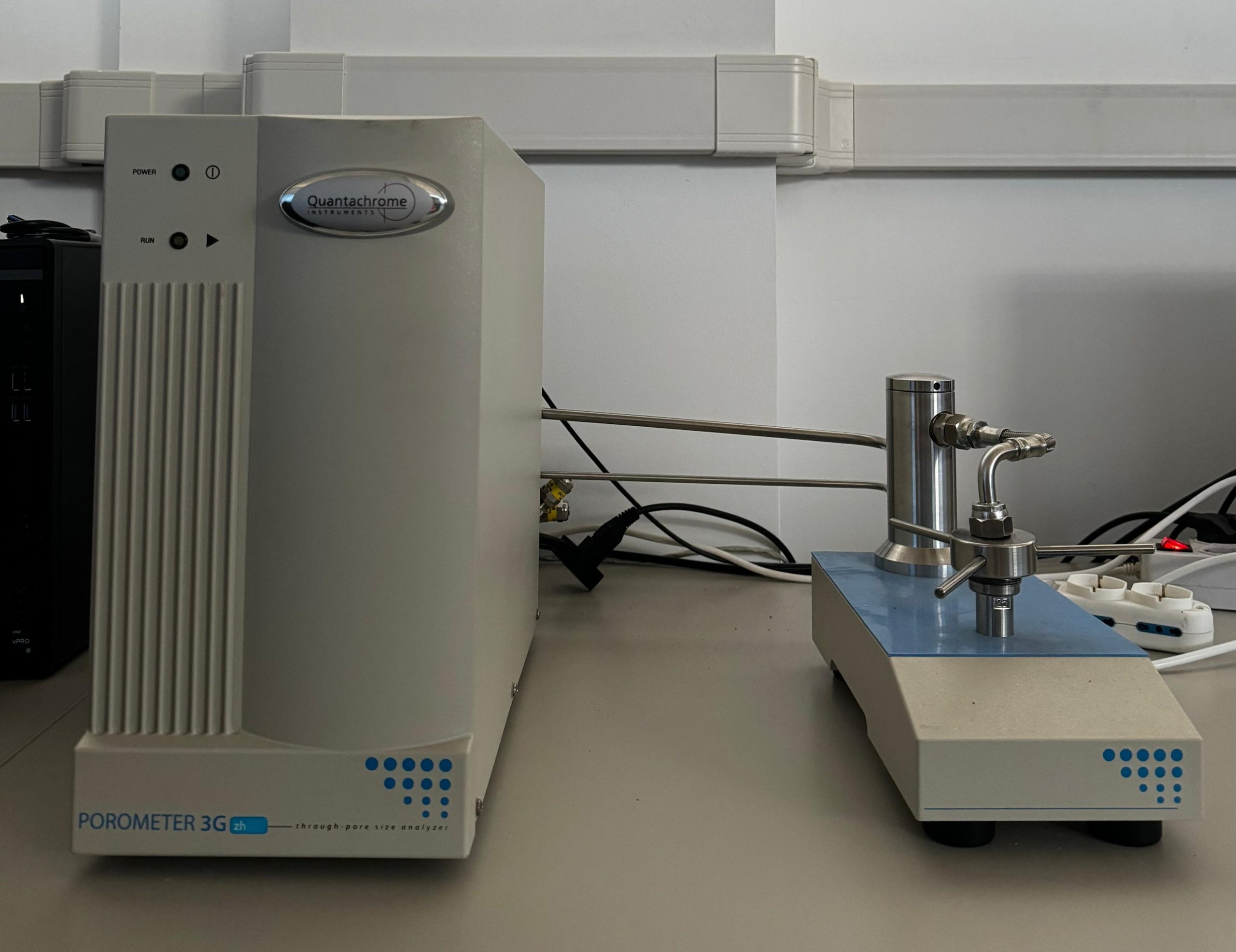
The Porometer uses the simple principle of measuring the gas pressure required to force a wetting liquid out of through pores to measure the pore diameters distribution of membranes, filters and more.
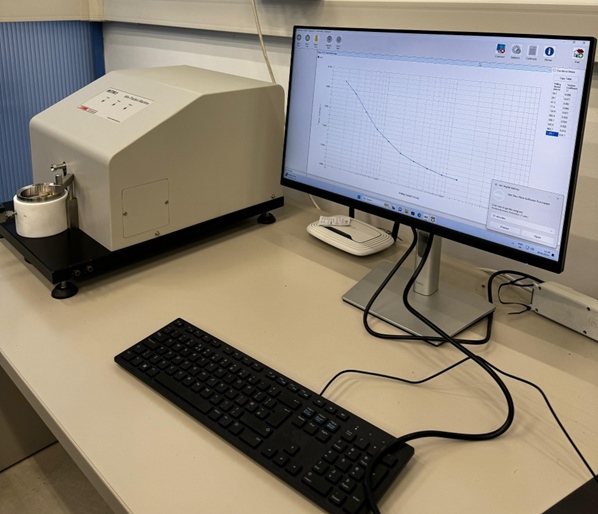
A flexible instrument for measuring the frictional properties of lubricated and unlubricated contacts under a wide range of rolling and sliding conditions.
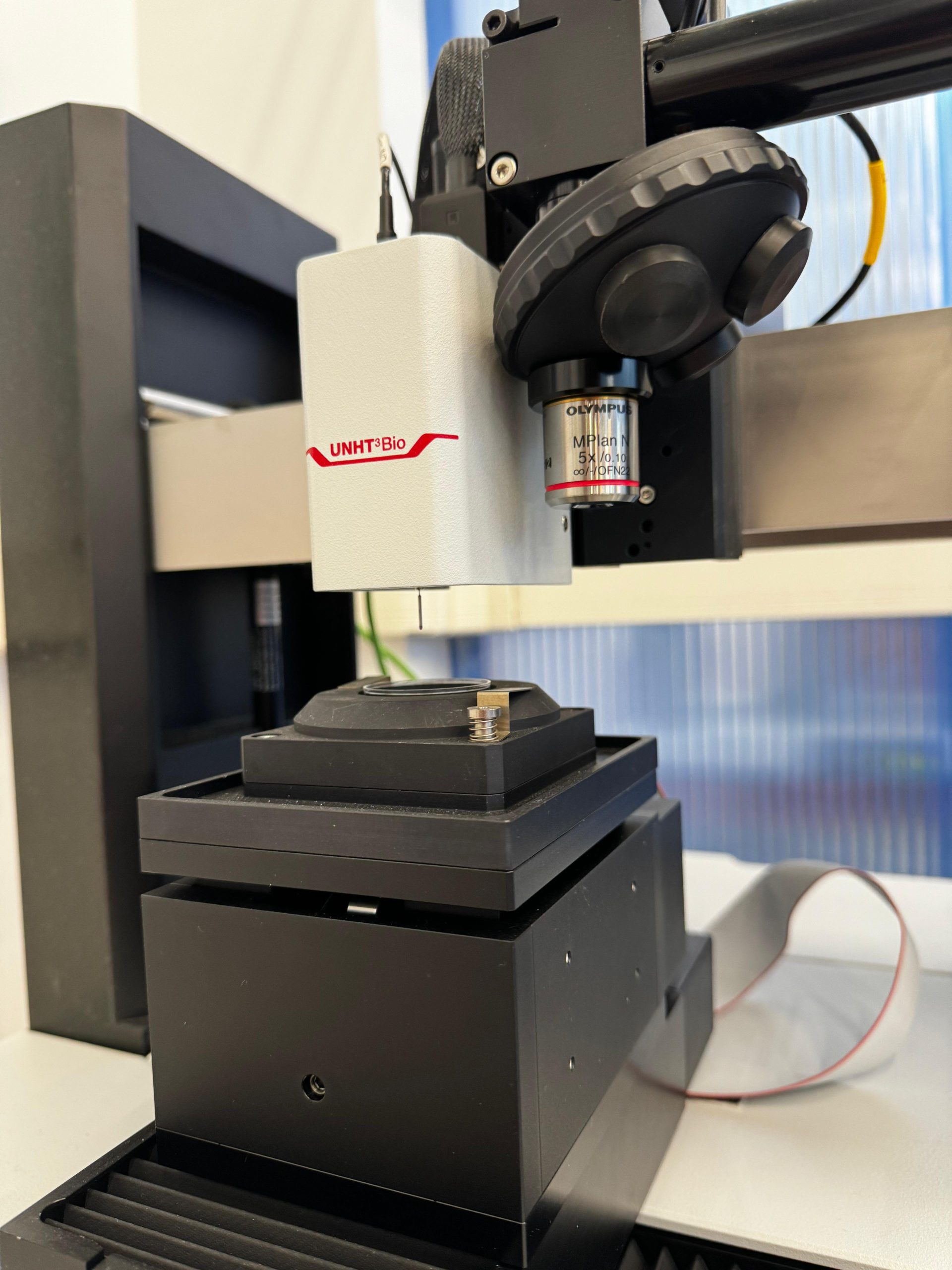
Measurement of soft and biological materials (most sensitive characterization of elastic modulus, creep and other properties).
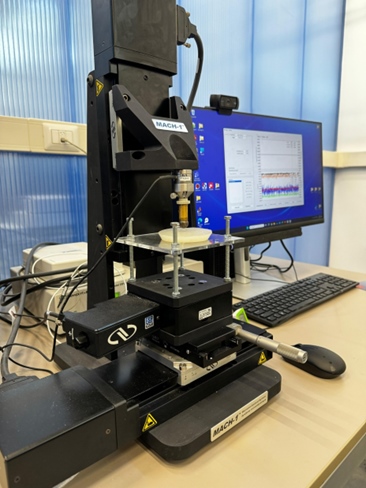
Mechanical tester for biomaterials, tissues, polymers and gels (stiffness, strength, modulus, viscoelasticity, plasticity, hardness, adhesion, swelling, relaxation).


